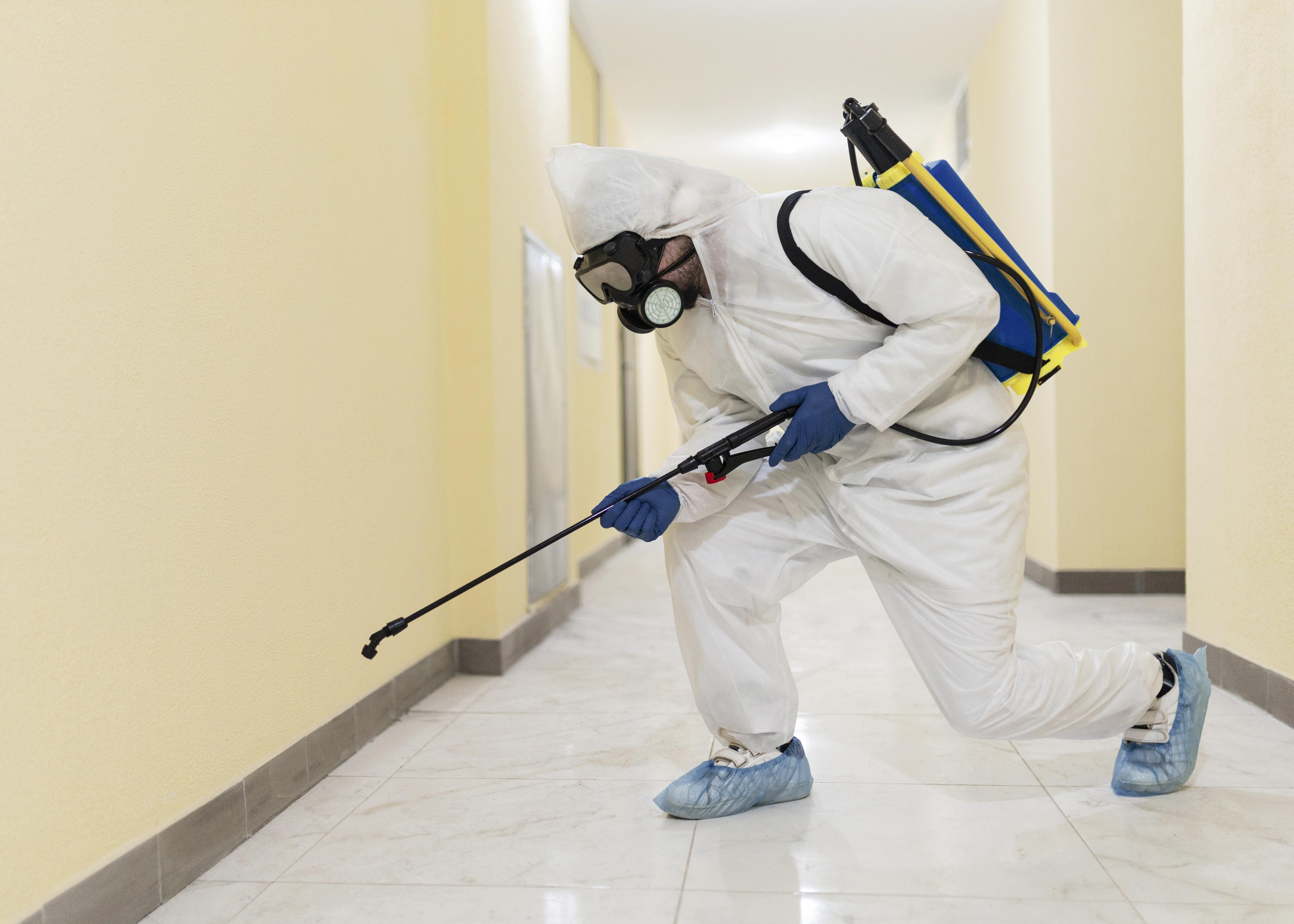About The Mosquito
Mosquitoes are blood-feeding pests of people and animals. These insects belong to the order Diptera and are related to house flies, gnats and midges. Eggs of most mosquitoes are laid on the surface or near the edge of water. Mosquito larvae are aquatic, but they do not develop in rivers, lakes or ponds. They feed on algae, protozoans, and minute organic debris. Adult mosquitoes are winged and free living. Males do not bite, but females of most species require a blood meal before laying eggs, using the protein in blood for egg production. Mosquito bites usually result in red, swollen areas called welts that itch severely and may persist for several days. Some people develop allergic reactions to proteins injected by mosquitoes and become ill after being bitten. Some species of mosquitoes also vector microorganisms to people or animals. These microorganisms include those that cause malaria, yellow fever, encephalitis and dengue in humans, and heartworm in canines.
